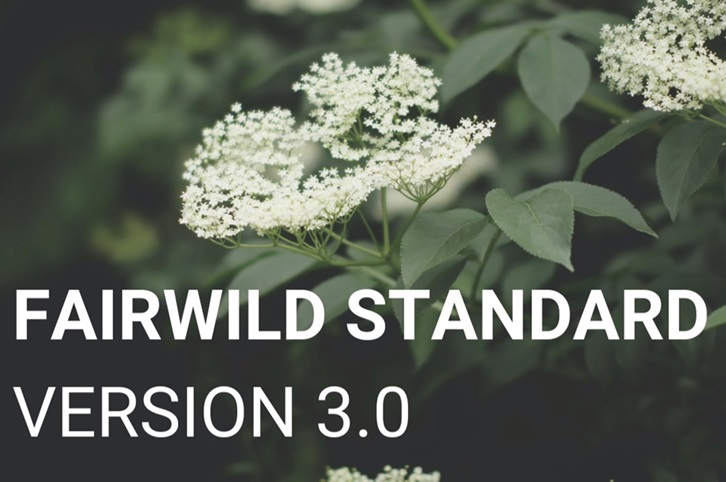FairWild Foundation has announced the launch of a new simplified standard in sustainable practices for wild-harvested products.
The FairWild Standard 3.0 encompasses wild plants, algae and fungi and has been described as a pivotal moment in the pursuit of sustainable and ethical business practices for wild harvested ingredients.
Fairwild Foundation explains that the standard is designed for businesses in the value chain of wild-harvested products, that aim to assure (and ensure) a commitment to sustainable collection, social responsibility, and ethical business practices.
Replacing the previous Version 2.0 (FairWild Foundation, 2010), The FairWild Standard 3.0 is an embodiment of collective wisdom and experience contributed by numerous stakeholders engaged in its implementation. This standard plays a crucial role in biodiversity conservation through sustainable use, providing a robust certification system that guarantees ethical and responsible practices across three dimensions of sustainability: ecological, socio-cultural, and business.
Deborah Vorhies, CEO of FairWild, commented: “A major aim of the revision process was to reduce complexity for our stakeholders and create a practical and user-friendly system. Alongside the revision to our core documents, we are reforming the way that we work with businesses – increasing our focus on audit preparation, and provision of support services to ensure that businesses can implement FairWild successfully. This revision brings us into the modern day, ensuring our relevance, is much more accessible and most importantly of all, establishes a basis for continuous improvement, which we wholeheartedly commit to.”
The scope of the FairWild Standard (3.0) encompasses a wide range of natural products and ingredients originating from the wild collection of non-animal species. This includes wild plants, fungi, lichens, seaweed, and other algae collected from various terrestrial, freshwater, and marine areas. The standard explicitly excludes animals, animal parts, and animal products, ensuring a focus on plant-based, sustainable practices.



